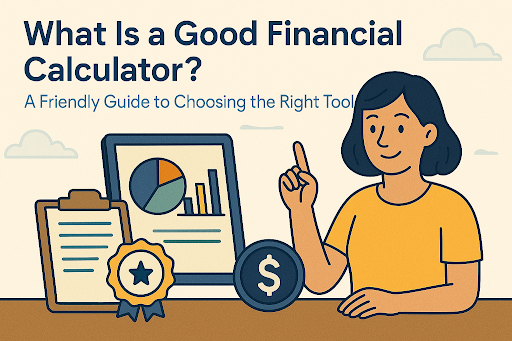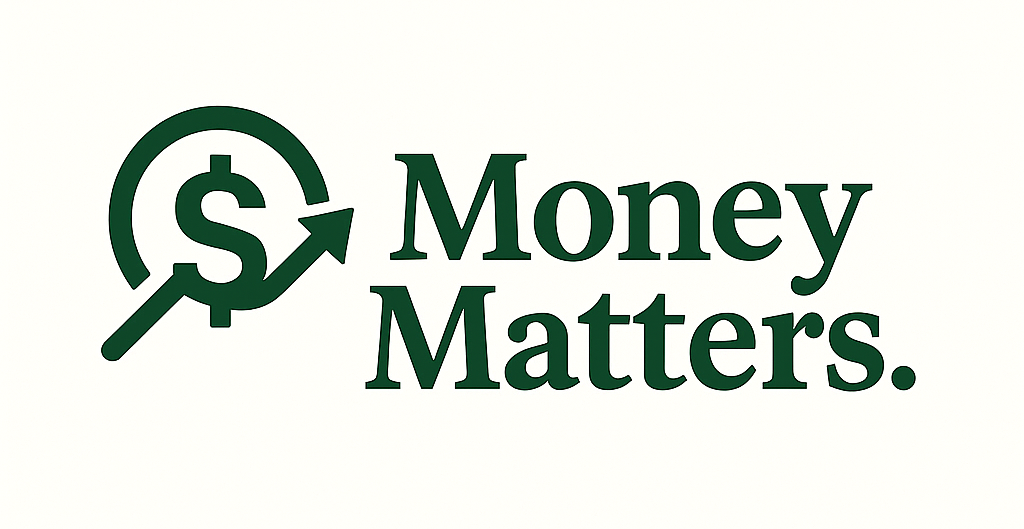What Is a Good Financial Calculator?: A Friendly Guide to Choosing the Right Tool

When it comes to managing your money, the right tool can make all the difference. That’s where financial calculators come in. But with so many options out there, how do you know which one is actually good?
A good financial calculator doesn’t just do the math—it helps you understand your finances clearly and confidently, without needing a finance degree or hours of research. It’s like having a pocket-sized financial assistant that works for you.
What Makes a Financial Calculator “Good”?
Not all calculators are created equal. A good one should be:
-
Easy to use – No confusing language or complicated forms. Just clear instructions and simple inputs.
-
Free and accessible – You shouldn’t have to pay to understand your money. Great calculators are available online with no fees or sign-ups.
-
Secure and private – You shouldn’t need to share personal info to get answers.
-
Actionable – The results should be easy to understand and help you make real-life decisions.
What Should It Help You Do?
A good financial calculator should help you with the money questions you face every day—things like:
-
How much can I afford to spend each month?
-
How long will it take to pay off my debt?
-
How much should I save to reach my goal?
-
Am I on track for retirement?
These tools take your numbers—income, expenses, savings, or debt—and give you instant insights that help you plan, adjust, and feel more in control.
Why It’s Better Than Guessing (or Googling)
Let’s be honest—when we have a money question, the first instinct is usually to Google it or ask a friend. But financial decisions are personal, and what works for someone else might not work for you.
A good calculator gives you a personalized answer based on your numbers, without pressure or assumptions. It’s a private, nonjudgmental starting point that helps you get clear before making a move or talking to an advisor.
💬 Real Example:
Carlos wanted to know how much he could afford to put toward student loans while still saving for a trip. Using a simple budgeting and debt payoff calculator, he created a plan in minutes—without sharing personal data or sitting through a sales pitch.
Where Can I Find One
Here are a few trusted, free options to get started:
-
MoneyMatters. – Designed for everyday users, these free tools cover budgeting, saving, investing, and retirement planning. No downloads, no signups, just practical help.
-
Consumer Financial Protection Bureau (CFPB) – Offers calculators and educational tools backed by government research.
-
MyMoney.gov Tools – Includes goal-setting calculators, spending planners, and more from a public resource you can trust.
Take the First Step with the Right Tool
A good financial calculator doesn’t just give you numbers—it gives you clarity. It helps you answer questions, make smarter decisions, and feel more confident in your next step.
So before you meet with an advisor, make a big purchase, or change your savings plan, try using a trusted calculator first. You might be surprised how much clarity a few clicks can bring.
Your money. Your plan. Your peace of mind.
